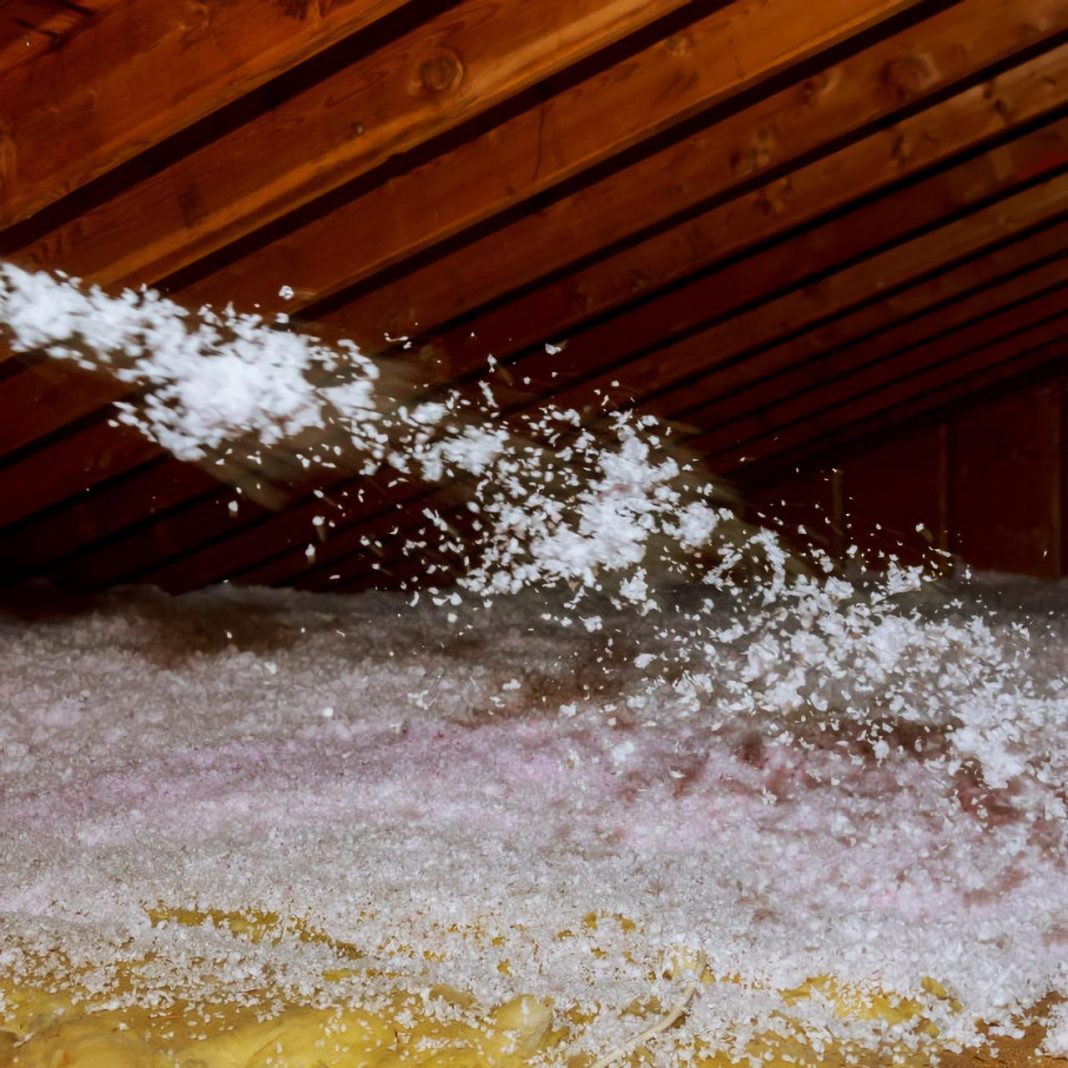At the most basic level, residential roofing aims to protect the building structure from the adverse effects of weather. Thus, keeping the moisture, extreme winds, and temperature away to avoid structural damage. Therefore, better roof insulation is the main focus of many big roofing companies to curb energy losses and save bucks.
What is roof insulation?
Keeping the heat out in summer and well consumed inside the space in a cold climate. Roofing insulation plays an essential role in controlling the temperature inside the building and making space more energy efficient. Roof or loft insulation is a cost-effective and straightforward way of reducing heat loss, and the size of heating or cooling equipment, and carbon footprints also add value to the process.
It’s been in use for centuries, roofing insulation technology has changed and upgraded. But the sole purpose is still the same – to save money and energy hand in hand.
Understanding the different types
Insulating your roof is one of the best investments to consider while building a property. Here you need to know about different choices or types of insulation that make a building, energy-efficient as possible.
Types of roofing insulation
Warm & cold/Warm insulation: The primary aim is to control your home space’s heat loss. It does not get excessively hot in summer seasons or massively cold in winters. The insulation is installed directly under the roof with a weather-proofing membrane above to keep moisture away. When installed on the roof, they create a warm layer to prevent outside air from getting in.
Cold insulation: This Insulation is usually cheaper than the former one. Cold insulation is placed above the ceiling of the topmost floor. But, as the name says, they are known for being less efficient than warm roofing insulation. Though easy to install, floor decking insulation is time-consuming. Plus, it keeps loft space uninsulated.
Why choose roof insulation: key benefits
Energy-efficient and cost-saving: Insulating your roof is one of the best ways to save energy. A proper roof insulation system allows you to keep the optimum temperature inside a house. As per desire, you can reduce the need to use a cooling and heating system inside the building. Homeowners have reported a 20% saving in money and energy with efficient roof insulation.
Durability and longevity: Insulation prevents building against mold formation, moisture, and decay. Therefore, it keeps the building structure healthy for an extended period of time.
Protection in the long run: Roofing insulation provides an extra layer of protection to your houses. If the roofs are not adequately insulated, excessive heat may cause the melting of snow on the roof. It leads to moisture damage to the building foundation. Thus, an efficient roof insulation solution is ideal for preventing ice and moisture damage in the long term.
Less carbon emission: One of the sustainable ways to save energy is by reducing regular consumption. Insulating the roofs can significantly help the environment by reducing CO2 emissions and pollution control.
Often not given much thought by roofing contractors and homeowners. They are a practical consideration that affects the building performance, home efficiency, and maintenance cost.
Now you have learned all about the importance of building insulation, and you may be probably asking which is best to consider. Let some good residential roofing companies help you make the best decision based on your project need, location, and other preferences.
But, how to choose a good roofing contractor?
Blown Roofing insulation plays a vital role in creating a line of defense against damaging elements. That is why it is crucial to pick suitable materials, efficient installation, and the best roofing companies to repair and install.
Here are few tips to help you choose the right roofing contractor:
1. Look for training and certification.
2. Check for workers’ compensation and liability insurance.
3. Verify their contractor license.
4. Get a formal contract in hand.
5. Say no to untraceable cash payments.
6. Ensure you have proper permits.
7. Understand the job and educate yourself.
8. Do research; ask for recommendations before finalizing the right contractor.
9. Go for an affordable one but don’t compromise on the quality.
Wrap up
Whether you choose metal roofing or shingles insulation, remember to keep durability, moisture proofing, and other common roofing problems in mind. Want to learn more about roofing services and the best insulation options for you. Let us know, and we will discuss the inexpensive roofing project that saves more bucks and energy effectively.

